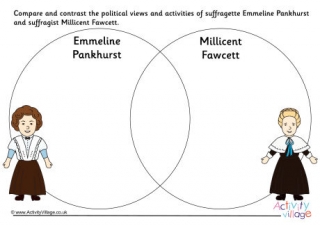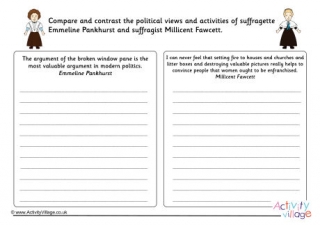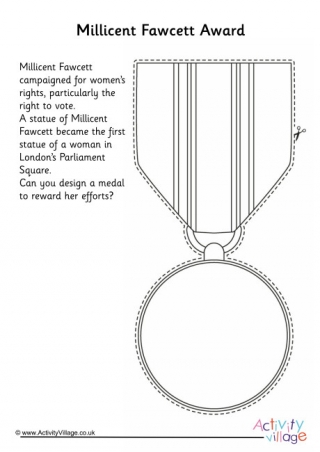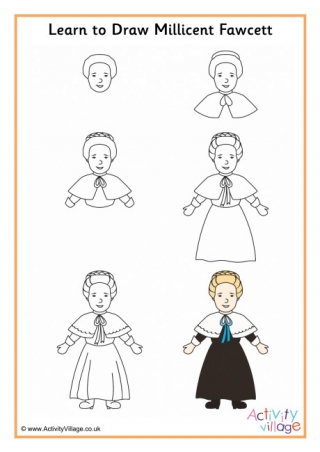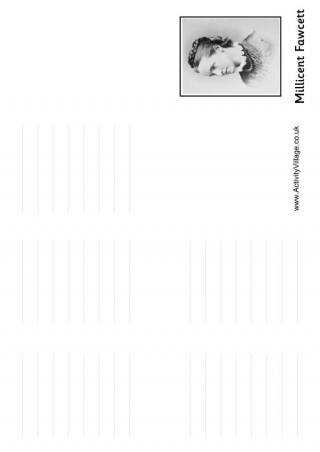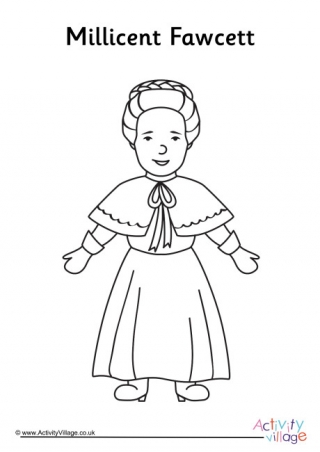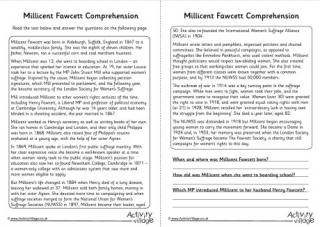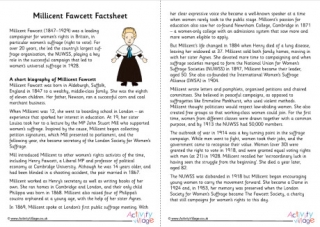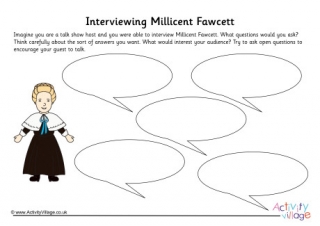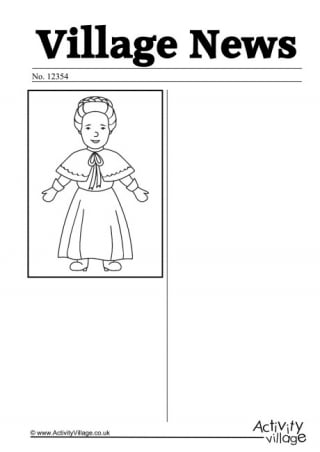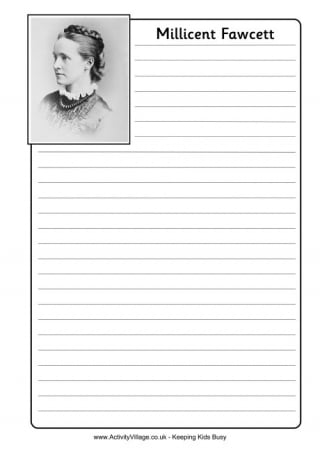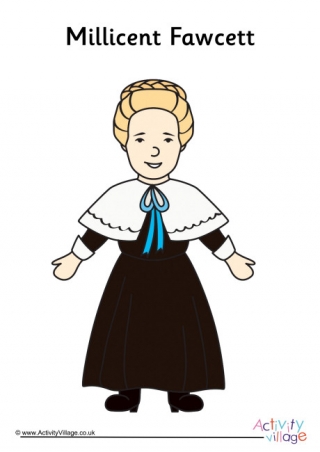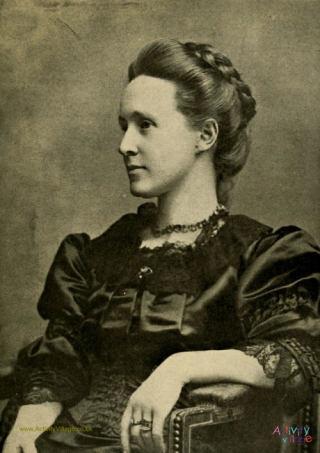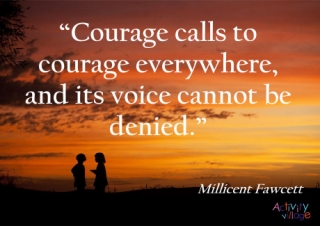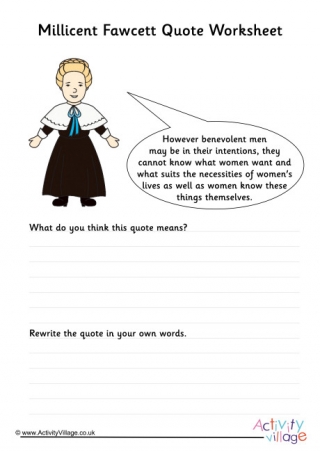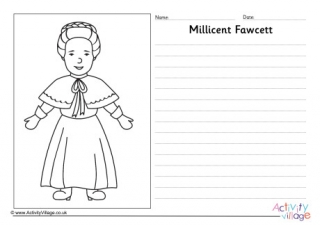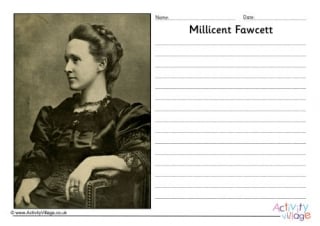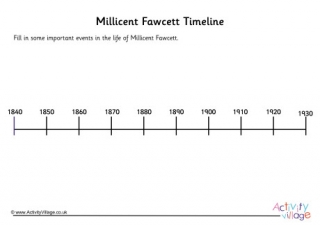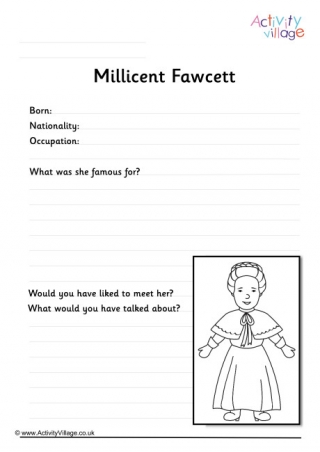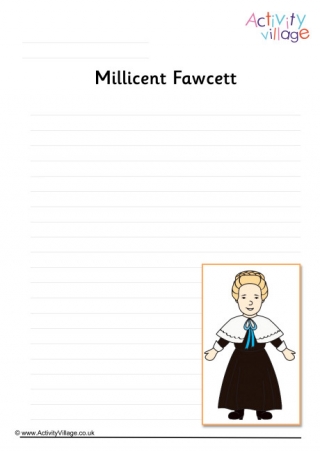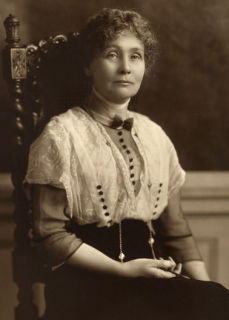Millicent Fawcett (1847–1929) was a leading campaigner for women’s rights in Britain, in particular women’s suffrage (right to vote). For over 20 years, she led the country’s largest suffrage organisation, the NUWSS, playing a key role in the successful campaign that led to women’s universal suffrage in 1928. Find out more about this intelligent and dedicated lady, and use our collection of printable resources below to test your knowledge.
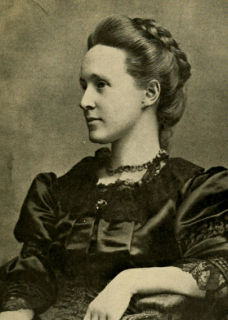
Fun Facts:
Millicent’s sister, Elizabeth Garrett Anderson, was the first English female doctor, as well as the first female mayor and magistrate. Talent ran in Millicent’s family. Her daughter, Philippa, was the first woman to gain the highest score ever in a mathematics exam at Cambridge University – a subject considered at the time to be ‘inappropriate’ for women.
To celebrate the 100th anniversary of women (over 30) gaining the right to vote in 1918, a statue of Millicent Fawcett has been commissioned for Parliament Square in London, the first statue of a woman in the square. Other statues include Churchill, Lloyd George, Mandela and Gandhi.
Millicent Fawcett Quotes
“Courage calls to courage everywhere, and its voice cannot be denied.”
Millicent Fawcett, following the death of the suffragette Emily Davison
“I can never feel that setting fire to houses and churches and litter boxes and destroying valuable pictures really helps to convince people that women ought to be enfranchised.”
Millicent Fawcett
A Short Biography of Millicent Fawcett
Millicent Fawcett was born in Aldeburgh, Suffolk, England in 1847 to a wealthy, middle-class family. She was the eighth of eleven children. Her father, Newson, ran a successful corn and coal merchant business.
When Millicent was 12, she went to boarding school in London – an experience that sparked her interest in education. At 19, her sister Louisa took her to a lecture by the MP John Stuart Mill who supported women’s suffrage. Inspired by the cause, Millicent began collecting petition signatures, which Mill presented to parliament, and the following year, she became secretary of the London Society for Women’s Suffrage.
Mill introduced Millicent to other women’s rights activists of the time, including Henry Fawcett, a Liberal MP and professor of political economy at Cambridge University. Although he was 14 years older, and had been blinded in a shooting accident, the pair married in 1867.
Millicent worked as Henry’s secretary as well as writing books of her own. She ran homes in Cambridge and London, and their only child Philippa was born in 1868. Millicent also raised four of Philippa’s cousins orphaned at a young age, with the help of her sister Agnes.
In 1869, Millicent spoke at London’s first public suffrage meeting. With her clear expressive voice she became a well-known speaker at a time when women rarely took to the public stage. Millicent’s passion for education also saw her co-found Newnham College, Cambridge in 1871 – a women-only college with an admissions system that saw more and more women eligible to apply.
But Millicent’s life changed in 1884 when Henry died of a lung disease, leaving her widowed at 37. Millicent sold both family homes, moving in with her sister Agnes. She devoted more time to campaigning and when suffrage societies merged to form the National Union for Women’s Suffrage Societies (NUWSS) in 1897, Millicent became their leader, aged 50. She also co-founded the International Women’s Suffrage Alliance (IWSA) in 1904.
Millicent wrote letters and pamphlets, organised petitions and chaired committees. She believed in peaceful campaigns, as opposed to suffragettes like Emmeline Pankhurst, who used violent methods. Millicent thought politicians would respect law-abiding women. She also created free groups so that working-class women could join. For the first time, women from different classes were drawn together with a common purpose, and by 1913 the NUWSS had 50,000 members.
The outbreak of war in 1914 was a key turning point in the suffrage campaign. While men went to fight, women took their jobs, and the government came to recognise their value. Women (over 30) were granted the right to vote in 1918, and were granted equal voting rights with men (at 21) in 1928. Millicent recalled her ‘extraordinary luck in having seen the struggle from the beginning’. She died a year later, aged 82.
The NUWSS was disbanded in 1918 but Millicent began encouraging young women to carry the movement forward. She became a Dame in 1924 and, in 1953, her memory was preserved when the London Society for Women’s Suffrage became The Fawcett Society, a charity that still campaigns for women’s rights to this day.
Our Millicent Fawcett Resources


